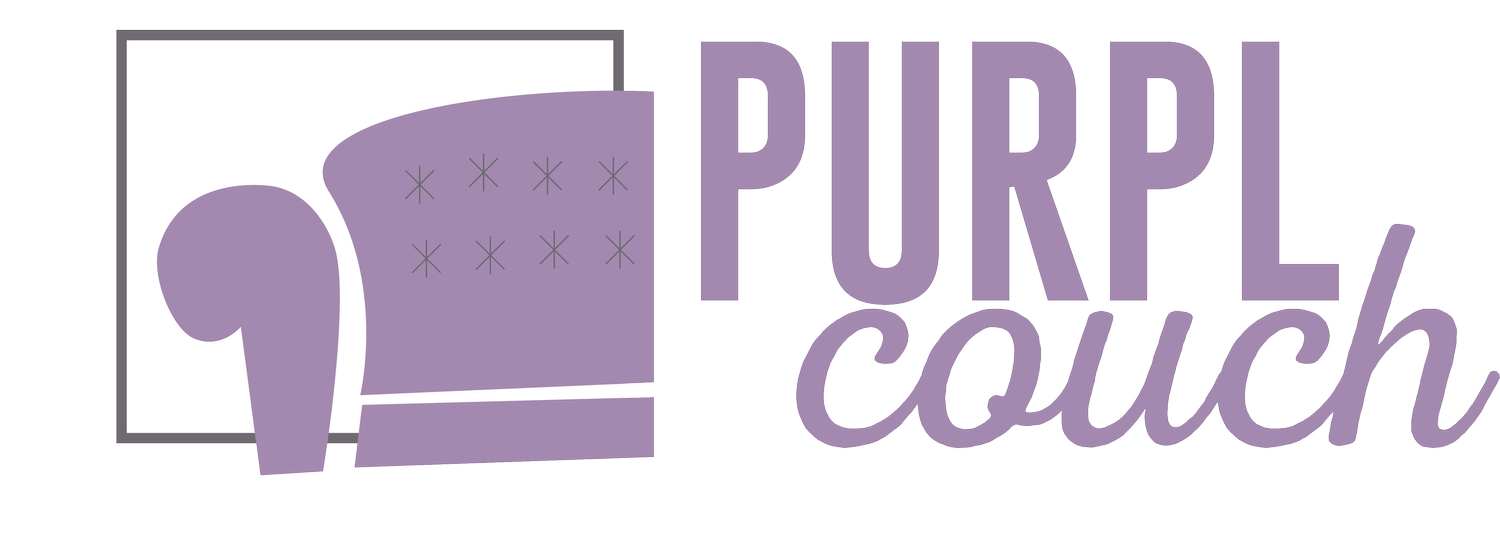Why 🤔 did I get divorced?
Are you getting—or have you been—divorced?
Have you asked yourself why?
What if you ask yourself why FIVE TIMES?
The “Five Whys” is a tool to investigate cause-and-effect relationships underlying a problem. First described by the folks at Toyota manufacturing, this root cause analysis framework is widespread across many sectors.
Out of curiosity, I decided to apply the Five Whys to my divorce. Here’s how it went:
Why did I get divorced?
My husband left me.
Why did my husband leave me?
He fell in love with someone else.
Why did my husband fall in love with someone else?
Because he was unhappy in our relationship.
Why was he unhappy?
This is the hard one! And I could answer this a bunch of different ways. 😢 Because his actions and his values were not in alignment and it didn’t feel right to him.
Why were his actions and values out of alignment?
Because he wasn’t able to fully articulate his feelings, and so he wasn’t getting what he needed.
This is not the only reason for my divorce (I was 50% of the relationship after all), but certainly it challenges my initial way of communicating about it, which was, “I got divorced because my husband left me.” That just doesn’t reveal the nuance of a years-long marriage.
I’m finding that the Five Whys helps me with interpersonal challenges. Instead of immediately reacting, it helps me slow down to better understand why a person (including me!) is behaving a certain way.
We can hold one another accountable for hurtful actions AND still care enough to understand the underlying problem. (People who have children do this ALL THE DANG TIME.)*
So back to you, dear reader. Will you try the Five Whys and tell me how it went?
Warmly,
Sarah 🖖
PS: If someone you know is on that divorce journey, send them the gift of information—purchase Fresh Start for them. Plus, it includes two logins: watching these videos together helps you understand what they're going through, and helps them feel supported. 🫱🏼🫲🏽
*In fact, this is one of the fundamental lessons I heard from Alyssa Campbell as she told me about her amazing new book Tiny Humans, Big Emotions: How to Navigate Tantrums, Meltdowns, and Defiance to Raise Emotionally Intelligent Children. If you have tiny humans in your life, you are going to love this book. Stay tuned for more from Alyssa here at PurplCouch!

